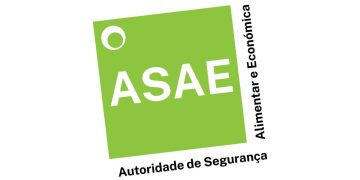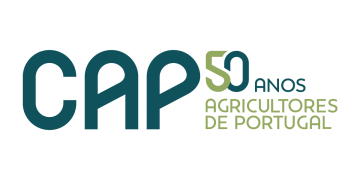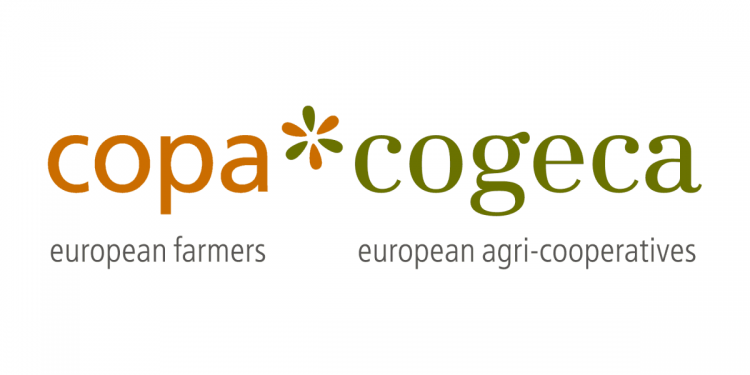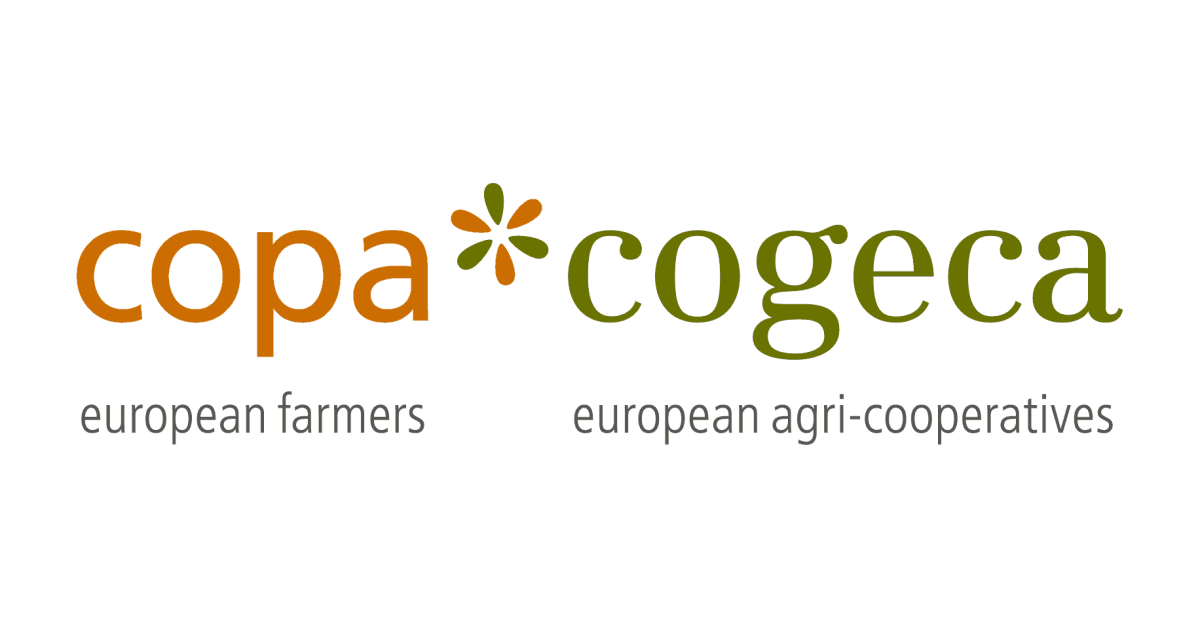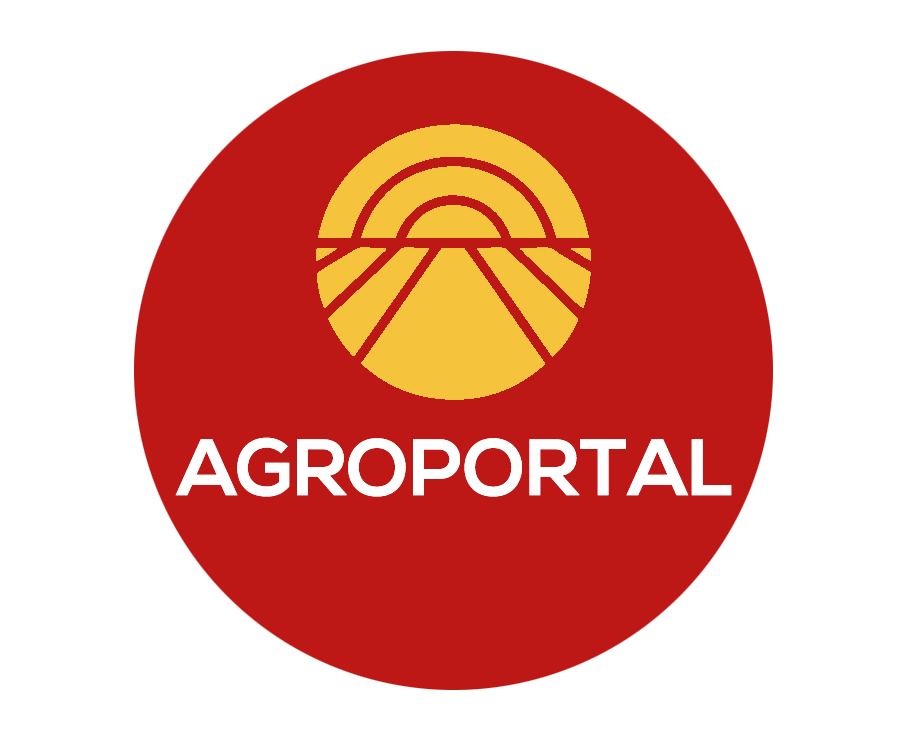Following yesterday’s European Parliament’s plenary vote and the Council’s General Approach adopted on 6 November, the three institutions will now enter trilogue negotiations. Both the Council and Parliament broadly converge on several essential elements, but further finetuning is needed to ensure a climate transition for EU farmers, foresters and agri-cooperatives.
Both institutions endorsed a 90% greenhouse gas emissions reduction target by 2040, composed of 85% domestic reductions complemented by up to 5% high-quality international credits. Yet, Copa and Cogeca fear this latter option may have a negative impact on the EU’s domestic market for voluntary carbon removals.
Co-legislators equally stress the importance of safeguarding food security, competitiveness, and the viability of rural areas, acknowledging the need for flexibility across and within sectors, the natural variability and uncertainties inherent to LULUCF, and the structural limits of natural removals given the land sector’s crucial role in the wider bioeconomy. References to carbon leakage risks have also been strengthened, together with commitments to regular reviews and assessments of progress.
Copa and Cogeca welcome these points of convergence, which reflect longstanding concerns from the agricultural and forestry sectors. In particular, the reinforcement of cross-sectoral flexibility remains essential to ensure that mitigation efforts recognise agronomic realities, climate vulnerabilities, and the limits of what land-based sectors can deliver.
At the same time, the upcoming trilogue offers a critical opportunity to refine the text and address elements that remain missing, including:
- An explicit commitment to funding outside the CAP to support the climate transition in agriculture and forestry, in recognition that additional obligations must be matched with adequate investment and innovation support.
- Clear reassurance on the development of domestic voluntary carbon markets, ensuring predictable demand for EU-based carbon removals and avoiding unintended negative impacts from the potential use of international credits.
- The exclusion of biochar within the scope of permanent carbon removals eligible under the EU ETS, thereby enabling the scaling of innovative carbon sequestration pathways within the agricultural sector.
As trilogues begin, Copa and Cogeca will continue to advocate for a framework that ensures fair, evidence-based mitigation expectations, robust enabling conditions, and sufficient financial and policy support for land-based sectors. Ensuring this balance is indispensable to maintaining competitiveness, food security, rural vitality, and the credibility of the EU’s path to climate neutrality by 2040 and beyond.
Fonte: Copa Cogeca



